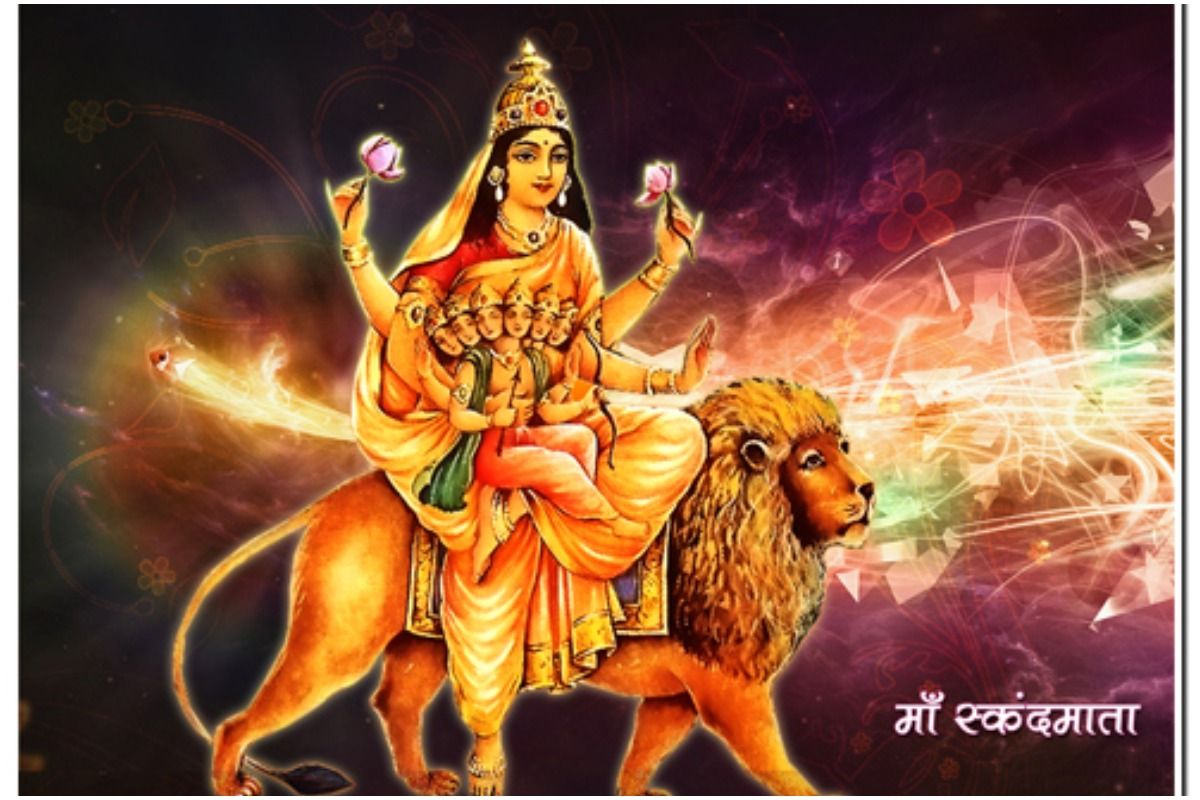

The Shaiva sect observes the day as Trikoti Ekadashi, a religious observance where all the deities in the Hindu pantheon pay obeisance to Lord Sri Shiva at once. Entire month is Vratha month as all days of Dhanurmaasa require control over actions and food restrictions for SriVaishnavas. In Vishnu temples, Vaikuntha Ekadashi is part and parcel of Dhanurmaasa (Margazhi) vratham and Pooja. Mortals find it in the feet of God Vishnu as Vishnupada, or Param Padam, as it is a place for God Vishnu and his devotees to reside in the suddha-sattva, or the supreme state of purity and goodness. Lord gave darshan to his beloved Son on a Thaipoosam day. To make amends for the mistake, Lord Muruga performed penance here. Any lesson should be learnt from the Guru in a proper way. Vaikuntha is the Supreme Abode of God Vishnu and called, the place of non-hindrance. While Lord Shiva was teaching the Pranava Mantra to Mother Parvathi, Muruga sitting on the lap of Mother also was also listening.

The Margashirsha Shukla Paksha Ekadashi in the Lunar calendar is known as a 'Mokshada Ekadashi.' Special prayers from Vedas, Divya Prabhandham, Sri Vaikuntha Gadhyam (sometimes additional Gadhyams by Ramanuja are also chanted), Vaikuntha Dwara Pooja, Prakarothsvam(Sri Veli), Oonjal Seva (swing pooja), Oonjal Prabhandham, yagnas, discourses and speeches are arranged at Vishnu temples around the world on this auspicious day. The Vaishnava (Worshipers/Followers of Vishnu) sect believes that ‘Vaikunta Dwaram’ or ‘the gate to the Lord's Inner Sanctum’ is opened on this day.

It is observed on the 11th lunar day of the waxing lunar fortnight of the solar month of Dhanu.This falls between 16 December and 13 January in the English calendar. It coincides with Mokṣadā Ekādaśī or Putrada Ekādaśī.


 0 kommentar(er)
0 kommentar(er)
